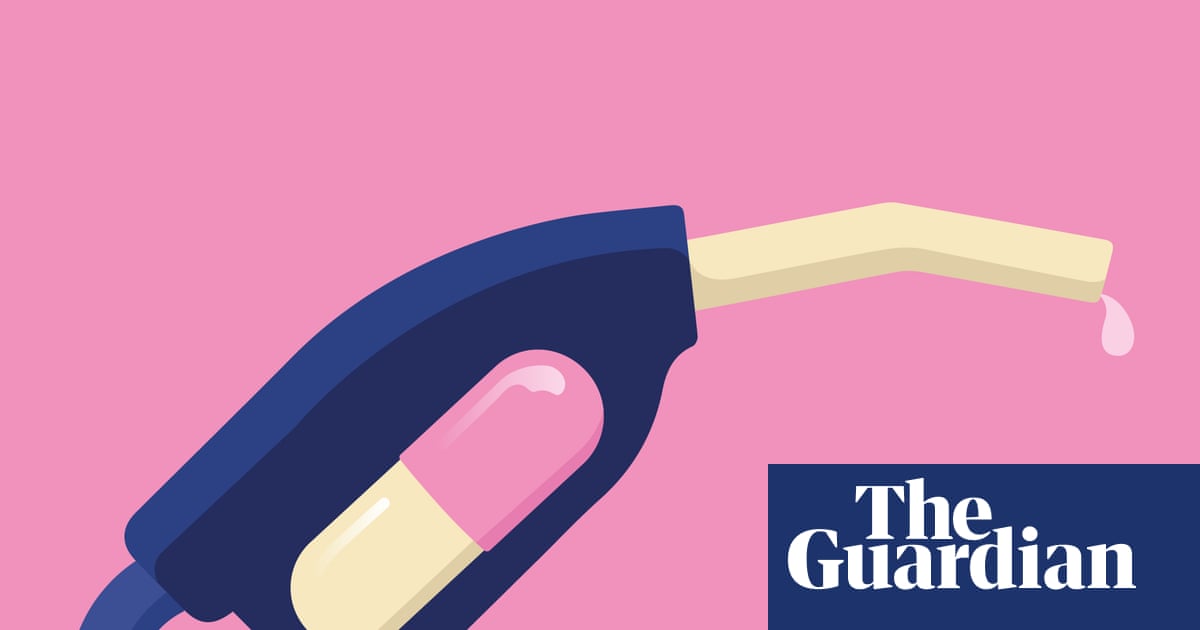Action needed on plastic additives linked to sperm decline, experts warn

Action must be taken to curb the use of plastic additives linked to plummeting sperm counts, a leading reproductive scientist has warned, as splits over chemical regulation contributed to the collapse of a crucial treaty on plastic pollution.
Across the world, sperm counts have been declining at a rate of about 1% a year for the past 50 years, and human fertility has been diminishing at a similar rate, studies have shown.
Increasing levels of obesity, sedentary lifestyles and ageing populations have all been held up as possible causes. But according to Dr Shanna Swan, professor of environmental medicine and public health at the Icahn School of Medicine at Mount Sinai in New York City, environmental factors play the most significant role.
Swan said the decline was “largely, but not entirely due to toxins in the environment that have the ability to interfere with steroid hormones”.
In 2017, Swan and her colleagues published a meta-analysis showing a decline in sperm counts of almost 60% among men in North America, Europe and Australia between 1973 and 2011.
In 2023, they repeated the research, extending the study to 2018 and including previously unavailable data from Africa, Asia and South America, and made even more shocking findings.
“We separated the countries into western and non-western for analytic purposes, and in both we found a significant decline,” Swan said. “And the other thing that we found, which was at least as alarming, was that if you looked at all of the studies going back to 1973 you see a 1% per year decline. But if you look at studies published after 2000, you see an over 2% decline.
“So the rate of decline had increased, and had increased significantly in recent years.”
Swan’s warning comes amid rising alarm at the impact of chemical toxicity on human and environmental health. Two weeks ago, a report published by Deep Science Ventures, a business focused on environmental solutions, which was reviewed by Swan, warned that chemical pollution was “a threat … of a similar order as climate change”, but received far less attention.
The decline in sperm rates since about 1950 stands in an inverse relationship to the explosion in the use of plastics. Swan points out that there are now well-established links between common additives to plastics and falling sperm counts.
“Phthalates are chemicals that are put into plastic to give it flexibility and make it soft and flexible,” Swan said. “So anytime you pick up a soft water bottle or tubing, like medical tubing, or a food container that’s soft, you’re going to be touching phthalates.
“Then, on the other side, the evil twin of phthalates are the bisphenols. While phthalates make plastic soft and flexible, bisphenols make it hard and inflexible. And phthalates lower testosterone and the bisphenols increase oestrogen.”
The effects of these and other endocrine-disrupting chemicals were particularly profound on foetuses and embryos developing in the womb, Swan said. She had previously carried out research into the effects of phthalates on unborn male babies, finding that exposure at a critical point in gestation could lead to subtle deformities in sexual development.
Sign up to Down to Earth
The planet's most important stories. Get all the week's environment news - the good, the bad and the essential
after newsletter promotion
The adverse effects of phthalates in the womb, known as “phthalate syndrome”, included smaller penises, a shorter distance between the genitals and anus, and – once children reached sexual maturity – lowered sperm counts, Swan said.
“We showed the link between the exposure and fertility,” she said. “And when you see that total sperm count going down worldwide, what I believe is you’re seeing an important effect of early exposure to these chemicals.”
Swan would not be drawn into commenting on the talks, which were under way as she spoke, in Geneva for a comprehensive treaty to end the plastic pollution crisis. But she said action needed to be taken on the use of plastic additives, with an urgent need for safer replacements.
“In the meantime, yes people can be careful,” she said. “They can reuse materials. They should try to look at what they use in their takeout containers and carry little glass bottles around to get their drinks. It’s very important. But it’s not solving a bigger problem, which is how do we make these things that we have become dependent on in a safer way?”
Signs of a solution are not promising. Last week, after nearly two weeks of talks, negotiators left Geneva on Friday having failed to reach an agreement, after oil- and gas-producing nations objected to calls for limits to production and curbs on chemicals.
Almost 100 nations had signed a declaration calling for a “legally binding obligation to phase out those most harmful plastic products and chemicals of concern”. But both texts drafted by Luis Vayas Valdivieso, the chair of the negotiating committee, omitted any reference to controls on chemicals.











